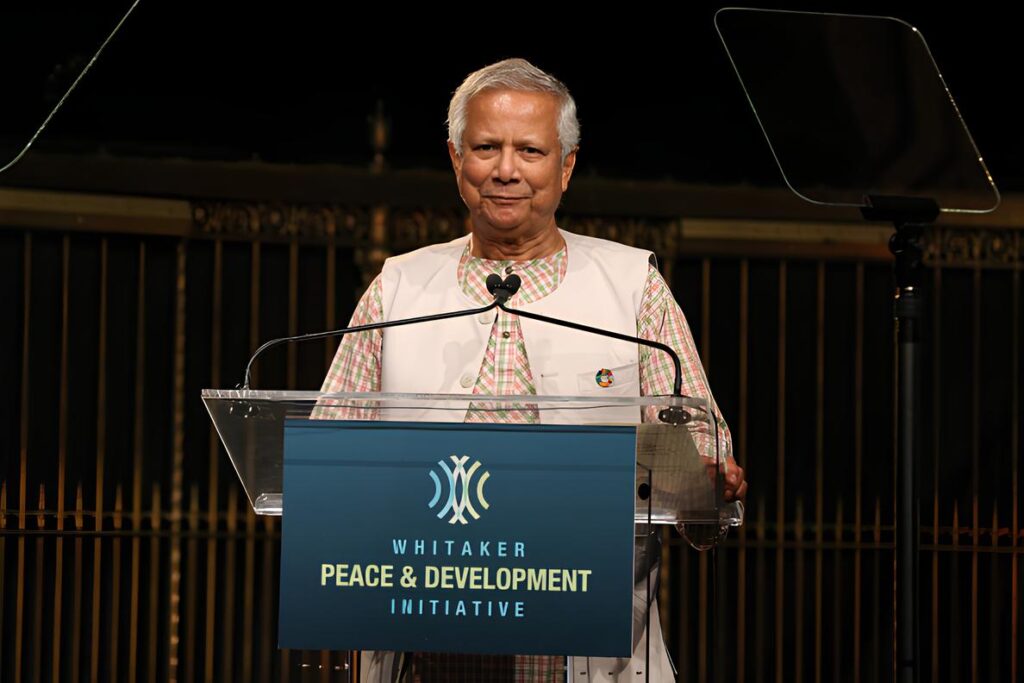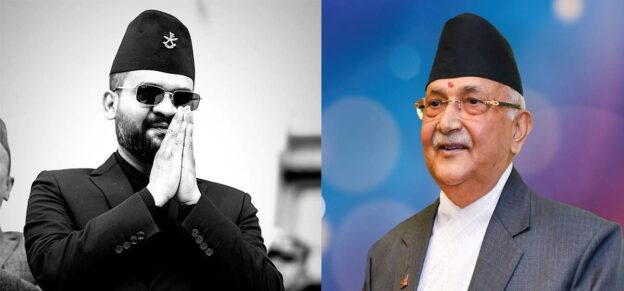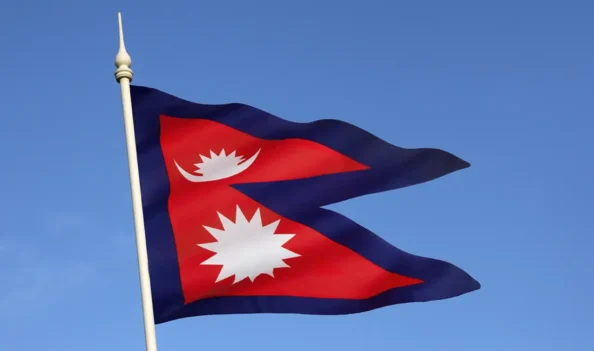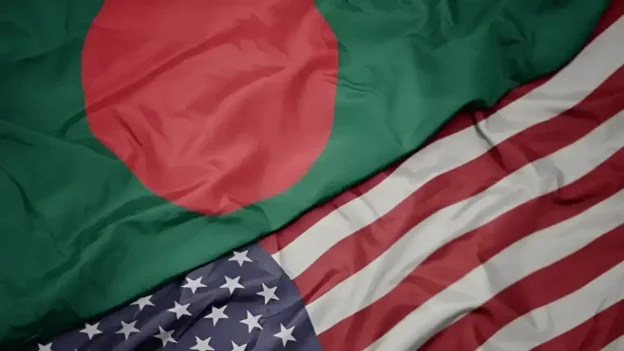Call it blindly striking the target or an act of self-sabotage, but Bangladesh’s interim government head, Professor Muhammad Yunus, returned from China to a reception far from the enthusiastic welcome he might have anticipated. Instead, murmurs of discontent have begun to swell, particularly among students who spearheaded the uprising against former Prime Minister Sheikh Hasina. Questions regarding his leadership and the broader political agenda are gaining traction.
While his team has flooded the media with claims of a “successful trip” and “a basketful of achievements,” the reality on the ground paints a contrasting picture. Chinese state media reports were notably restrained, merely highlighting discussions on “cooperation in co-building the Belt and Road” and Yunus’s statement about “welcoming more Chinese enterprises to invest in the country to promote its economic transformation.”
Official statements noted that both sides had agreed to accelerate negotiations on a China-Bangladesh Free Trade Agreement and maximise the benefits of the China-Bangladesh Investment Agreement. Additionally, agreements were reached to expedite the export of premium Bangladeshi products like mangoes to China, strengthen maritime cooperation, and hold further discussions at an appropriate time.
However, back home, Yunus’s visit has sparked a storm of criticism, with many Bangladeshis taking to social media to voice their frustrations. His comments on India’s northeastern states, in particular, have been labelled “bizarre” and a “diplomatic blunder.” Some sceptics even suggested that Yunus deliberately made such remarks to court Chinese financial backing. “The country is in a deep economic crisis, and Yunus is desperate to prove himself,” remarked Mujahid Hossain, a political commentator based in Dhaka.
Interestingly, while Chinese media omitted this aspect of Yunus’s speech, the Bangladeshi press, too, has largely remained silent. Some activists and members of the public have alleged self-censorship, calling his statement “a glaring diplomatic misstep” that betrays a fundamental lack of geopolitical awareness.
In his address, Professor Yunus had stated that the seven northeastern states of India, commonly referred to as the ‘Seven Sisters,’ are landlocked and have no access to the ocean—suggesting that Bangladesh alone holds the key to their maritime connectivity. This assertion, however, was swiftly debunked by Bangladeshi commentators.
One such critic, Monjurul Haque, pointed out on Facebook, “Does he not know that these seven Indian states have access to India’s major ports? The nearest, Haldia Port in Kolkata, is well within their reach. Is he unaware that India’s coastline is ten times longer than Bangladesh’s, stretching approximately 7,500 km from Haldia in Kolkata to Narayan Sarovar in Gujarat?”
Haque further highlighted India’s access to Myanmar’s Sittwe Port in Rakhine State via the India-Myanmar corridor. The Kaladan Multimodal Transit Transport Project, which is nearing completion, will establish a direct sea-river-road corridor from Sittwe to Mizoram. This project aims to connect India’s eastern seaports to its northeastern states via Myanmar, enhancing trade and connectivity. “If anything,” Haque wrote, “Bangladesh is the one effectively landlocked by India on three sides.” He also questioned whether Yunus assumed that “President Xi Jinping was uninformed about these geographical realities.”
India’s External Affairs Minister, S. Jaishankar, firmly countered Yunus’s statement, dismissing the claim that India’s northeast is landlocked and that Bangladesh alone controls access to the sea. “Cooperation is not about cherry-picking,” Jaishankar asserted.
He elaborated further: “We, after all, have the longest coastline in the Bay of Bengal, spanning almost 6,500 km. India shares borders with five BIMSTEC members, connects most of them, and serves as the primary interface between the Indian subcontinent and ASEAN. Our northeastern region, in particular, is emerging as a connectivity hub for BIMSTEC, with an extensive network of roads, railways, waterways, grids, and pipelines.” Jaishankar emphasised that regional cooperation should address all key concerns rather than selectively advancing narrow interests.
Meanwhile, critics in Bangladesh have pointed out that Yunus’s miscalculated remarks were likely driven by the country’s dire economic situation. Social media has been flooded with concerns about the drying up of Western aid, including financial support from the UN, EU, and the United States. Inflation is at an all-time high, unemployment levels have reached a 53-year peak, and the garment sector—once the backbone of Bangladesh’s economy—has suffered a 37% decline, with over 200 factories shutting down and more than 200,000 workers rendered jobless.
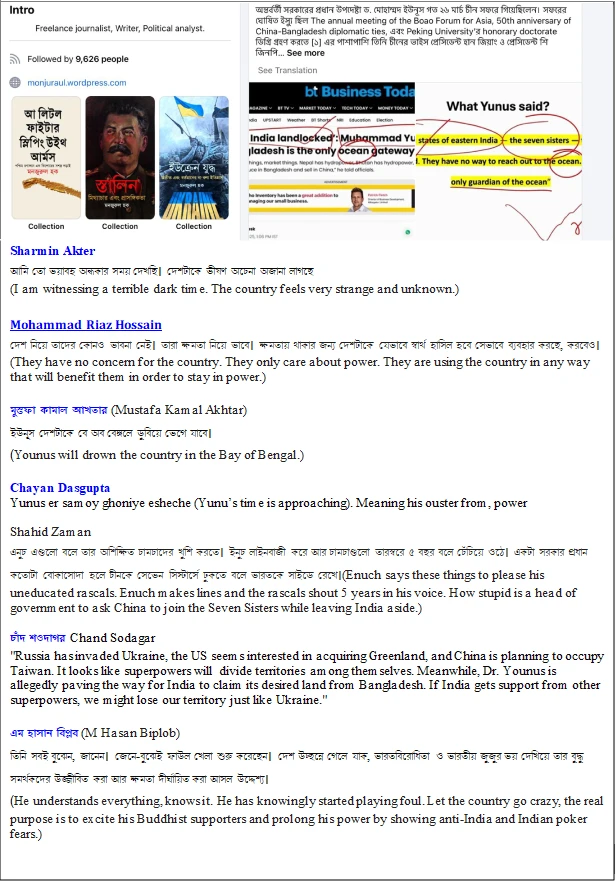
A section of the intellectual and activist groups in Bangladesh believe that Adding to this bleak scenario, Bangladesh’s foreign reserves have plummeted, and investment has all but stalled due to deteriorating law and order. “The country has struggled to secure any significant foreign investments over the past seven months and is now finding it difficult to make essential international payments, including electricity imports from India and Nepal” said Haque in his social media post.
A common message in the intellectual corridors of Dhaka was that desperate for financial relief, Yunus turned to China, hoping for support. The proposed agreements—such as establishing an export zone in Chattogram and inviting Chinese investment in the Teesta project—stem from an urgent need to stabilise Bangladesh’s economy.
“On social media, discussions on Yunus’s China-Nepal-Bhutan-Bangladesh hydropower project described it as ‘one of the most contentious proposals to emerge from the visit.” However, conspicuously absent from the equation was India—the very country through which the hydropower transmission would necessarily have to pass.
According to Haque, while Yunus and his delegation sought to portray their visit as a breakthrough, a closer look reveals that many of the agreements touted as ‘new’ were, in fact, already under discussion during Sheikh Hasina’s tenure. Negotiations on modernising Mongla Port, the Teesta project, and procuring ocean vessels had been initiated by the previous government. Despite the rhetoric, Yunus lacks the unilateral authority to sideline India in favour of China in these long-standing agreements.
His assertion that Bangladesh is the ‘guardian of the sea’ and his overtures inviting China to view the region as an ‘extension’ were seen as “needlessly provocative.” A more informed approach would have involved studying China’s ongoing Belt and Road Initiative (BRI) projects in Myanmar and the China-Myanmar Economic Corridor before making such statements.
His critics believe that had he done his homework, Yunus would have recognised that China cannot establish a direct corridor to Bangladesh without passing through either Myanmar or India. It has been categorically pointed out that the BCIM (Bangladesh-China-India-Myanmar) Economic Corridor remains a theoretical construct, contingent on Myanmar—a country currently engulfed in a civil war. “Moreover, as critics argue the Arakan Army, which controls 95% of Rakhine State, has openly opposed China’s support for the ruling military junta.”
“”Furthermore, with billions of dollars already committed to Myanmar’s BRI projects—such as the Kunming-Kyaukpyu industrial corridor—critics like Haque argue that China has little incentive to bypass these investments in favour of a riskier route through the volatile Chin State and Mizoram.” China’s strategic approach is far from haphazard—it does not operate like an NGO. Additionally, China already possesses extensive maritime access via the Sea of Japan, the East China Sea, and the Yellow Sea.
“Ultimately, while Yunus’s visit to China may have been driven by Bangladesh’s dire need for financial support, his diplomatic manoeuvres appear to have misfired. Whether born of desperation or miscalculation, his missteps have deepened scepticism about his leadership and Bangladesh’s geopolitical positioning at a crucial moment in its history.”.

